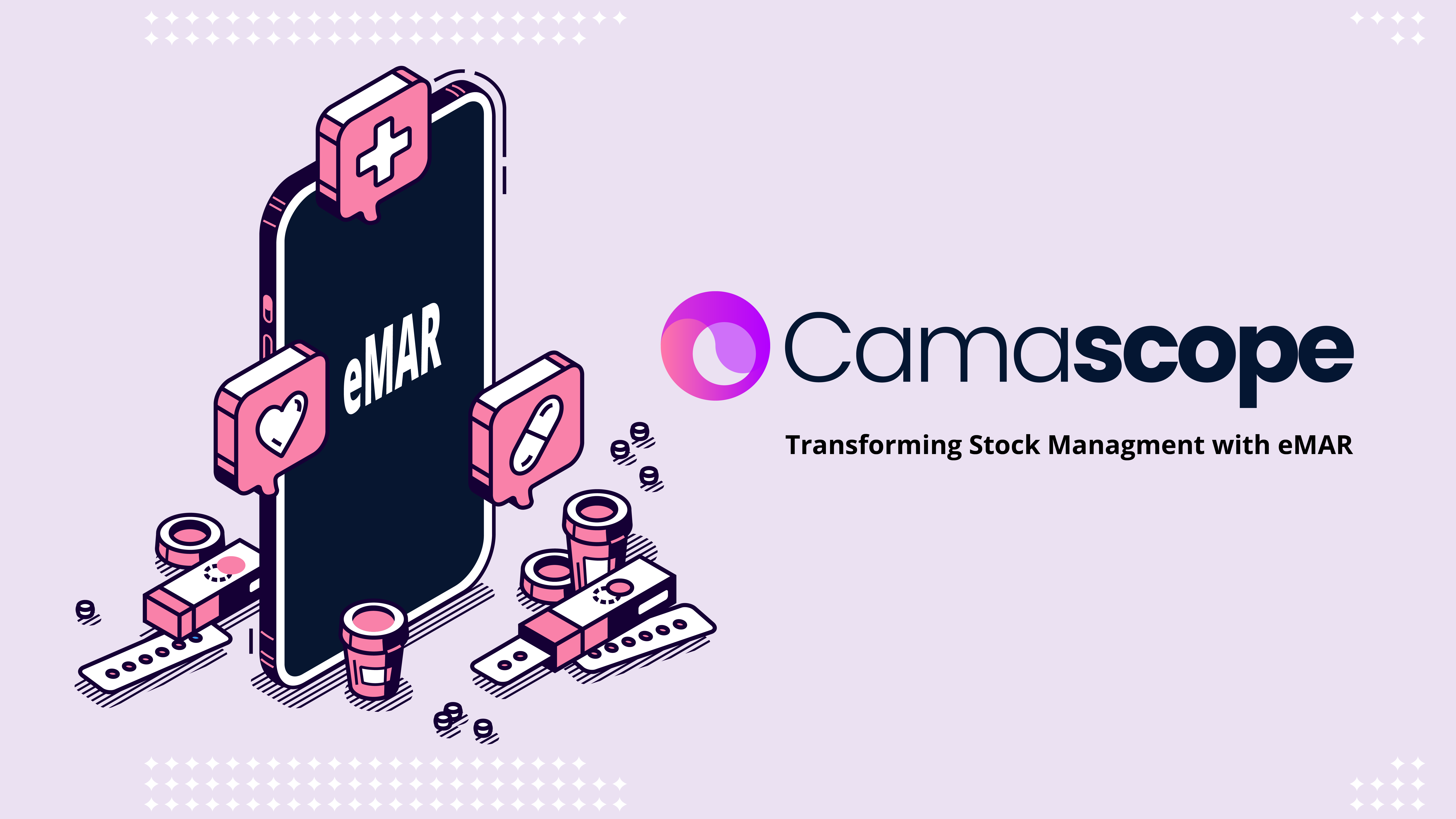Care Home residents often face complex medication schedules due to comorbidities such as diabetes, hypertension, arthritis, and heart disease. This resultant polypharmacy (where residents take more than 5 medications at the same time) increases the complexity of medication management and heightens the risk of medication errors, non-adherence, and adverse drug events.
A resident with heart disease might be prescribed blood thinners, beta-blockers, cholesterol medications, and antihypertensives, each with its own schedule and potential side effects. Ensuring the safe and effective use of medications in care settings is a crucial challenge that requires specialised strategies and close attention to detail.
Simplifying Medication Schedules
One effective strategy for managing complex medication schedules is simplification. A comprehensive review of a resident’s medications can eliminate redundancies and unnecessary prescriptions, ensuring only essential medications are prescribed. For example, a resident taking multiple medications for blood pressure management might benefit from a combination pill that reduces the number of pills taken daily. Simplification minimises the burden on residents and care staff, making it easier to adhere to prescribed schedules and reducing the likelihood of errors.
The Role of Care Staff
Care Staff play a vital role in managing medications for service users. They are often responsible for administering medications, monitoring for side effects, and ensuring adherence to prescribed schedules. Additionally, care staff can liaise with pharmacies and GPs to discuss simplifying and rectifying polypharmacy and complex schedules. Providing care staff with the necessary training and resources empowers them to manage medications effectively. Training might include:
-
Learning how to effectively administer certain medications, such as insulin injections and inhalers.
-
Understanding prescription labels.
-
Recognising signs of adverse drug reactions.
Utilising Technology
Technological advancements are transforming medication management in social care. Electronic medication administration records (eMAR) systems offer comprehensive solutions for managing complex medication schedules safely and effectively. The ability to easily extract medicine information / MAR charts can help facilitate conversations with GPS around prescribing.
Advanced eMAR systems also seamlessly integrate with GPs and pharmacies, simplifying medication ordering and ensuring timely deliveries.
eMAR systems are particularly beneficial in handling complex medication schedules. For example, these systems can precisely manage step-up and step-down doses of steroids (such as prednisolone), handle drug titration effectively (such as the gradual titration of levothyroxine), ensure time-sensitive medications like co-careldopa for Parkinson’s disease are administered precisely when needed, and oversee intricate dosing schedules that combine both scheduled and PRN doses. Additionally, eMAR systems can efficiently manage infrequent medications, such as scheduling hydroxocobalamin injections for B12 deficiency anaemia treatment every few months, ensuring these infrequent but critical doses are not missed.
These systems simplify otherwise daunting medication tasks with features such as barcode scanning at the point of care, detailed audit trails, medication and schedule clash warnings, and comprehensive reporting capabilities.
Ensuring Patient Safety
Safety is paramount in social care and encompasses several aspects:
-
Monitoring for Potential Drug Interactions: Residents are at higher risk for drug interactions due to the number of medications they take. Regular medication reviews by GPs and other healthcare professionals can identify and mitigate potential interactions. For example, a pharmacist might identify that a newly prescribed medication interacts with an existing one, necessitating a dosage adjustment or a change in prescription.
-
Managing Side Effects: Residents are often more susceptible to side effects due to changes in metabolism, comorbidities, and polypharmacy. Care staff should monitor patients closely for signs of side effects and adjust medications as necessary. For example, a resident experiencing dizziness and orthostatic hypotension from a blood pressure medication may need a lower dose or a different medication.
-
Ensuring Proper Storage and Administration: Proper storage of medications maintains their efficacy, which includes keeping them at the right temperature and away from moisture/sunlight. Care staff should also be trained in the correct administration techniques, such as nebulisers and transdermal patches.
-
Medication Optimisation: Collaborating with pharmacies and utilising detailed medication reports can improve resident care. This includes regular consultations with pharmacists to review medications, employing medication management software to track adherence and effectiveness, and adjusting prescriptions based on comprehensive reviews.
The Future of Elderly Care
Managing medications in social care is a complex but crucial task. By simplifying medication schedules, supporting care staff, and utilising technology, we can enhance resident safety and improve the overall quality of care.
The future of medication management in social care is promising, with the continued integration of technology and personalised care. Advances in digital health tools, such as eMAR systems and data analytics, hold immense potential to revolutionise how we manage medications. For instance, artificial intelligence could analyse vast amounts of patient data to identify patterns and predict which patients are at risk of non-adherence or adverse drug events, allowing for early intervention.
By embracing these advancements and integrating them into daily practices, care providers can ensure that residents receive the best care and support.
If you’d like to know how Camascope's new eMAR solution can work for your organisation, contact us to find out more.







.jpg)